Cognitive Development Normal Reading Worksheets for Ages 3-9
11 filtered results
-
From - To
Enhance your child's cognitive development with our thoughtfully designed reading worksheets for ages 3 to 9. These engaging activities are tailored to foster critical thinking, problem-solving, and comprehension skills while encouraging a love for reading. Each worksheet promotes interactive learning through fun exercises that stimulate cognitive growth, helping children to connect ideas and enhance their memory. Suitable for both home and classroom settings, our worksheets are perfect for dynamic learning experiences. Get your little ones excited about learning and watch their reading abilities flourish! Explore our collection today and support your child's journey towards academic success.


Rhymes in Poems Worksheet
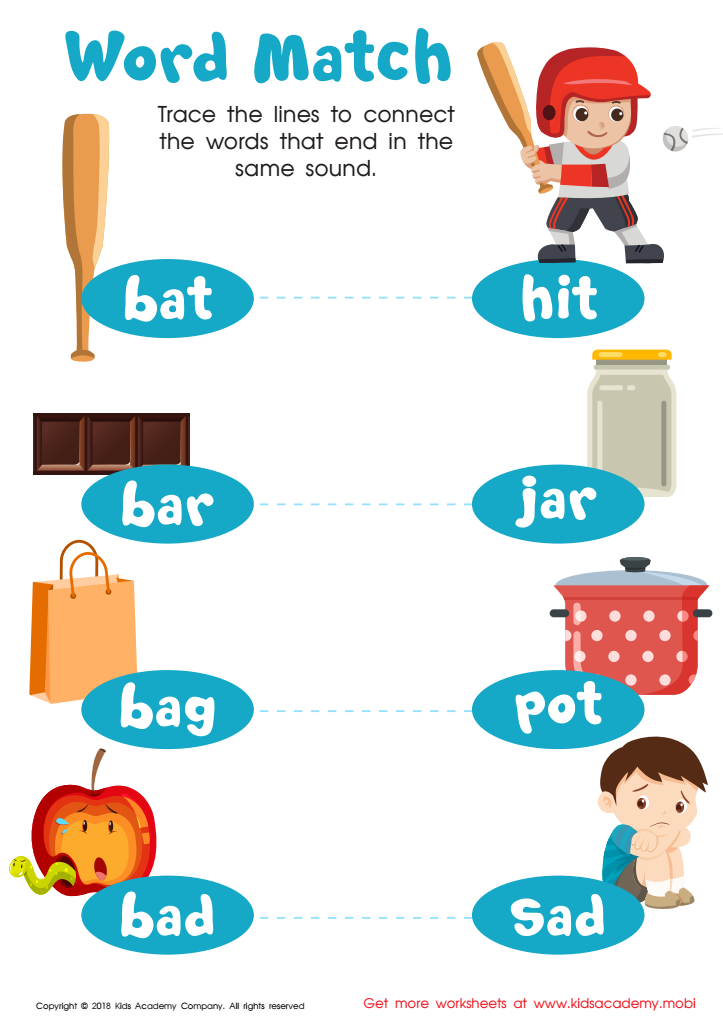

Word Match Reading Worksheet
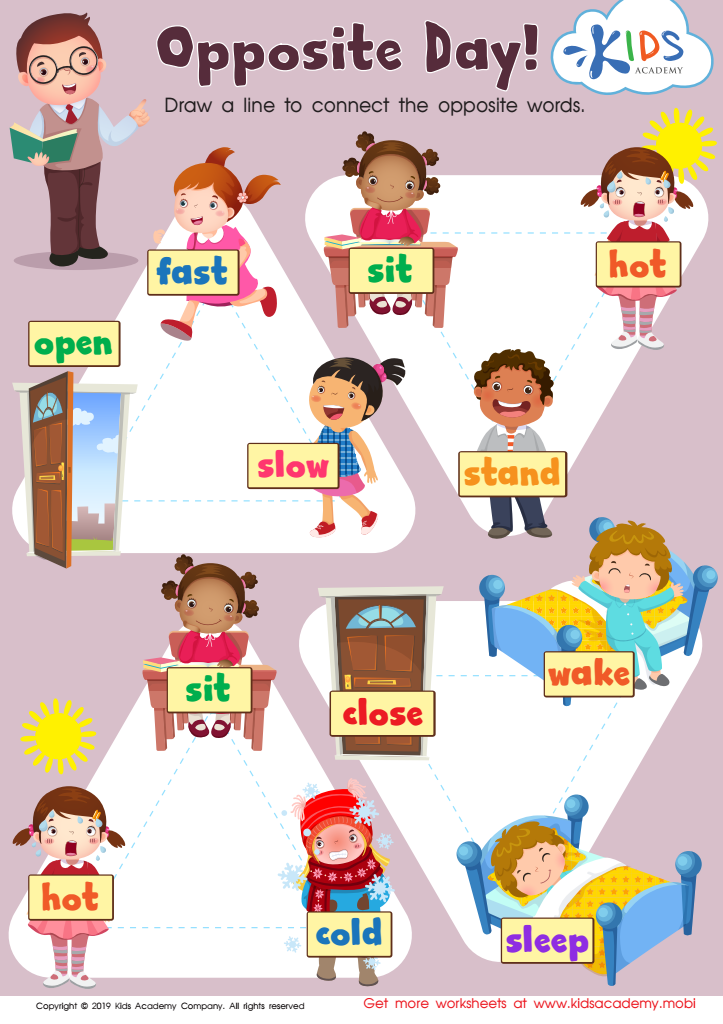

Opposite Day Worksheet
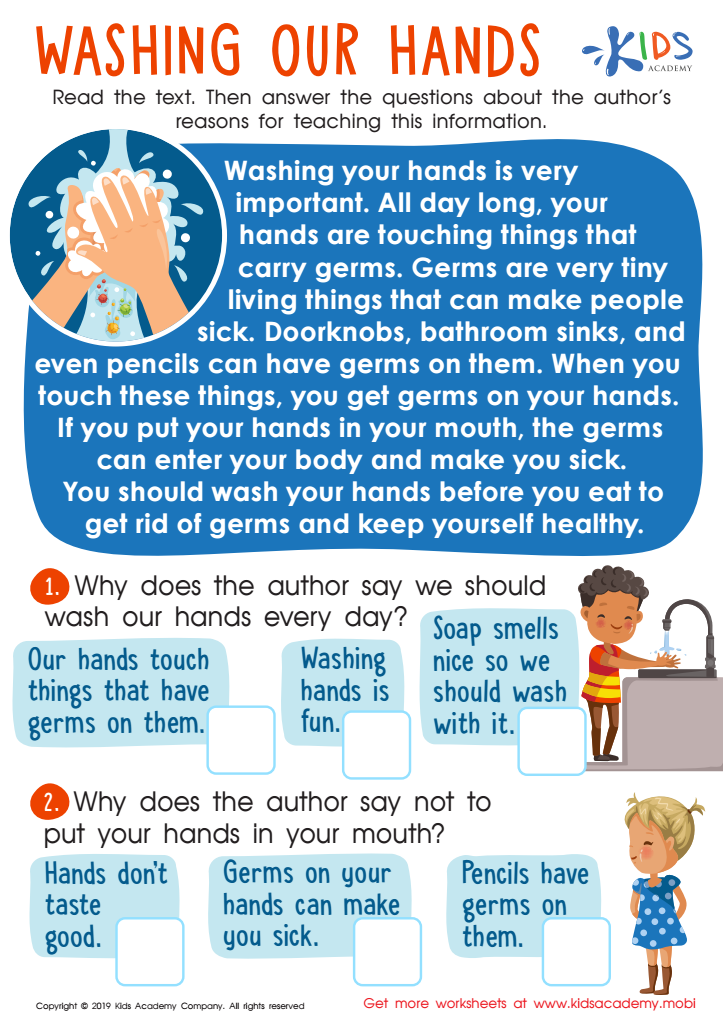

Washing Our Hands Worksheet
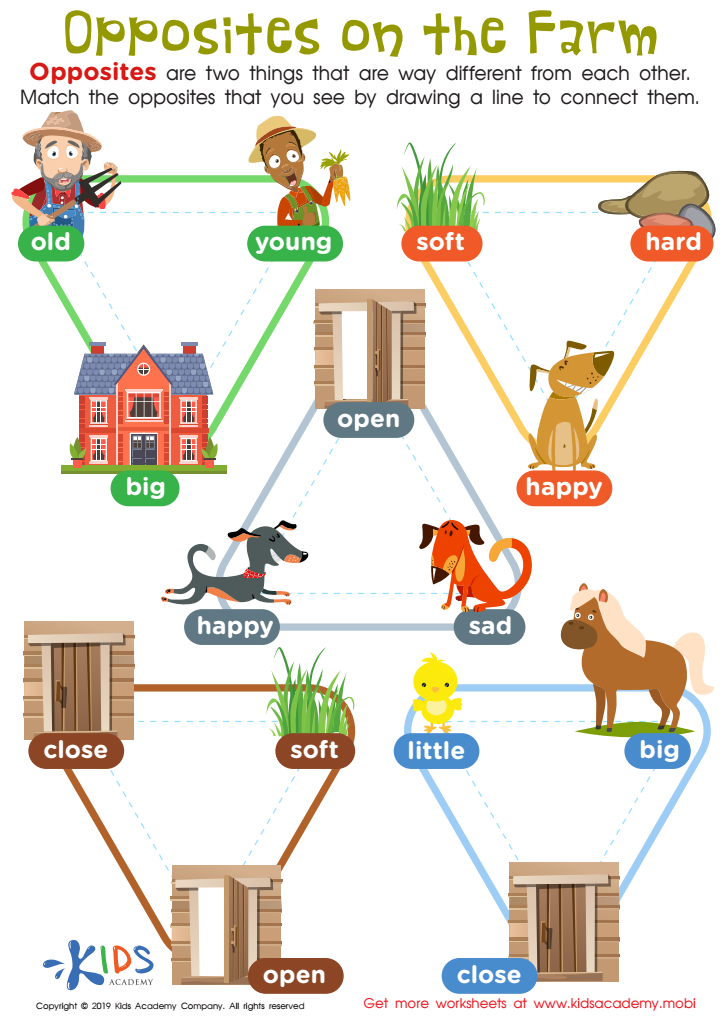

Opposites on the Farm Worksheet
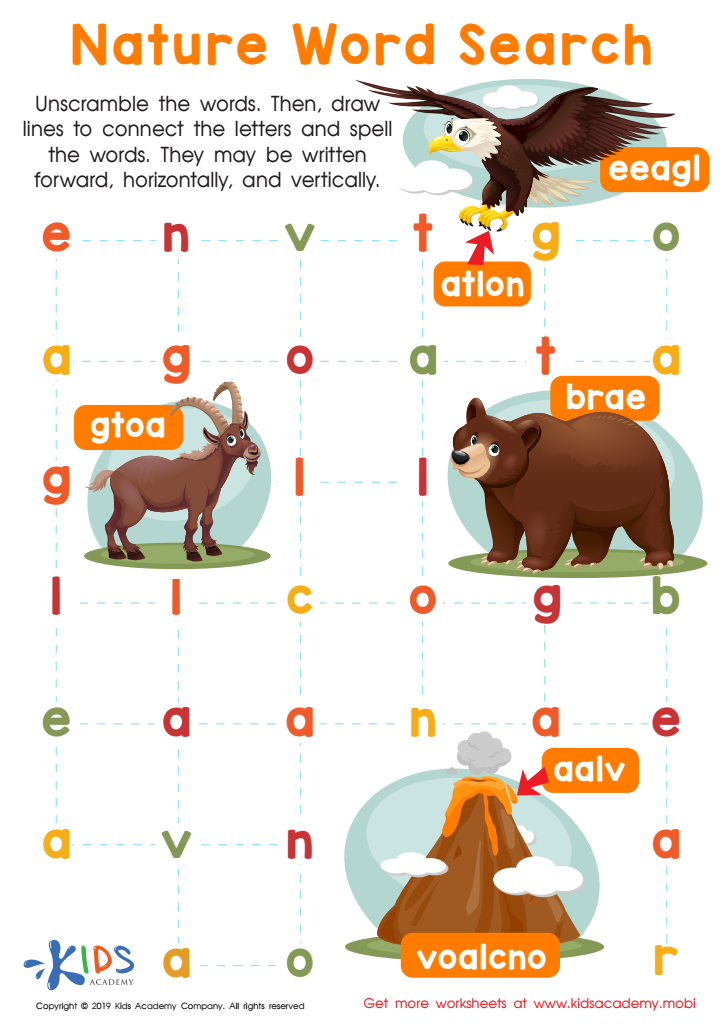

Nature Word Search Worksheet
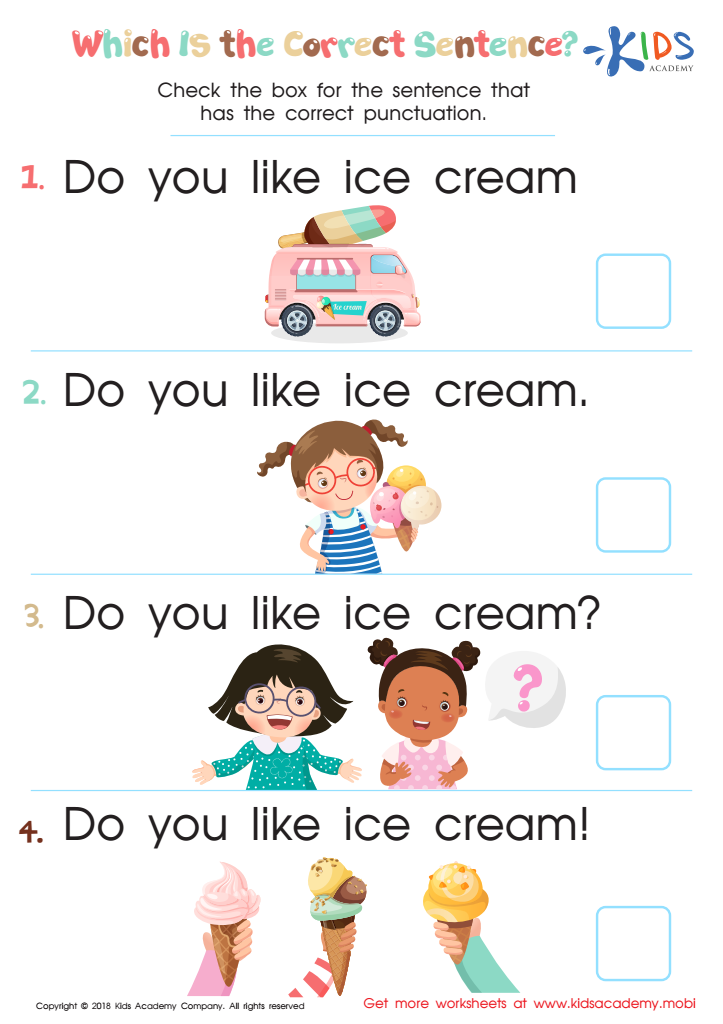

Which is the Correct Sentence? Worksheet
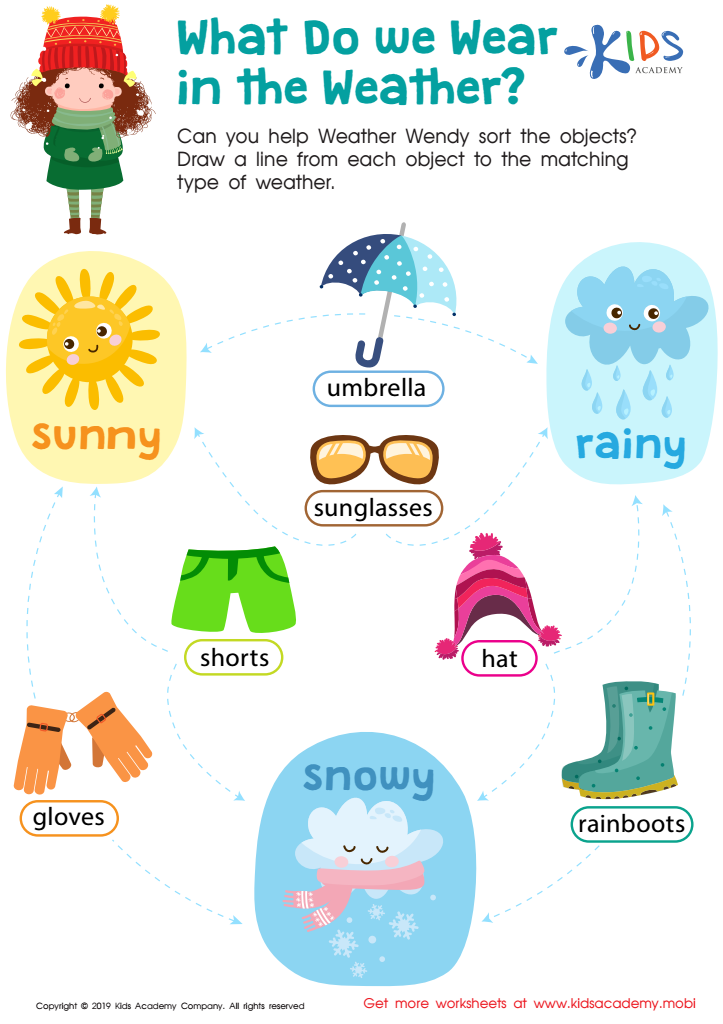

What Do We Wear in the Weather? Worksheet
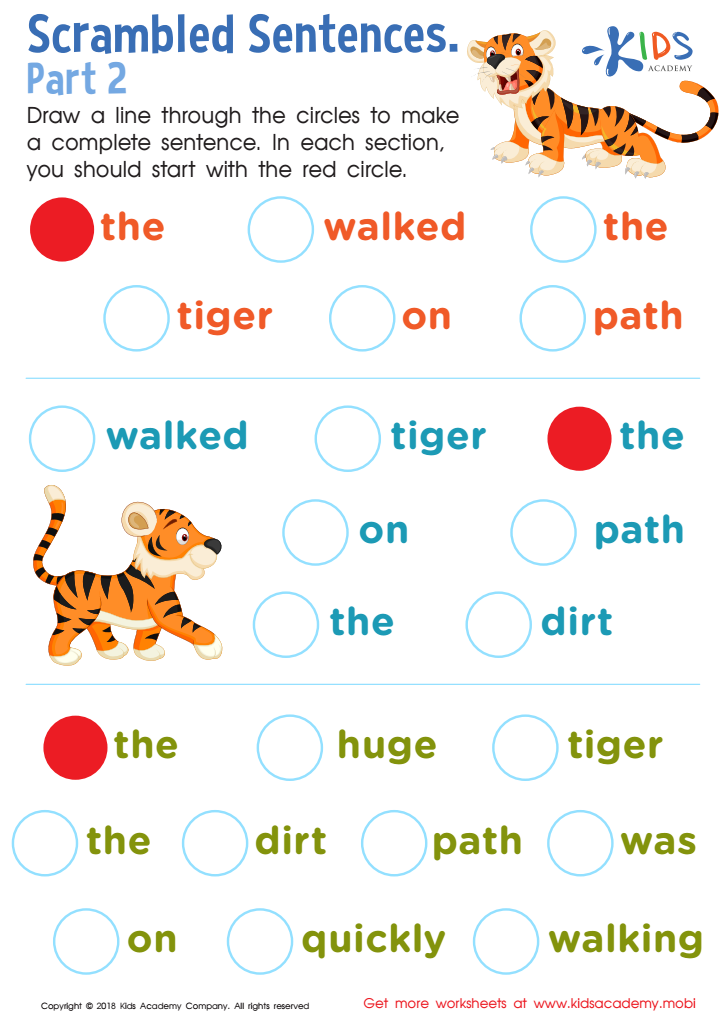

Scrambled Sentences Part 2 Worksheet
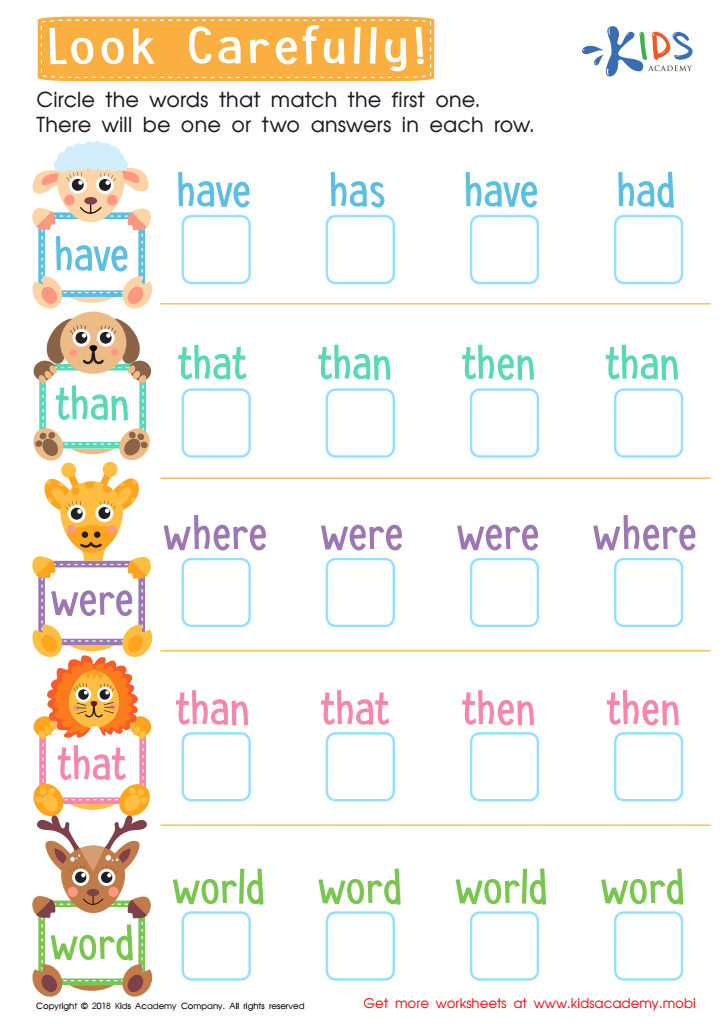

Look Carefully Worksheet
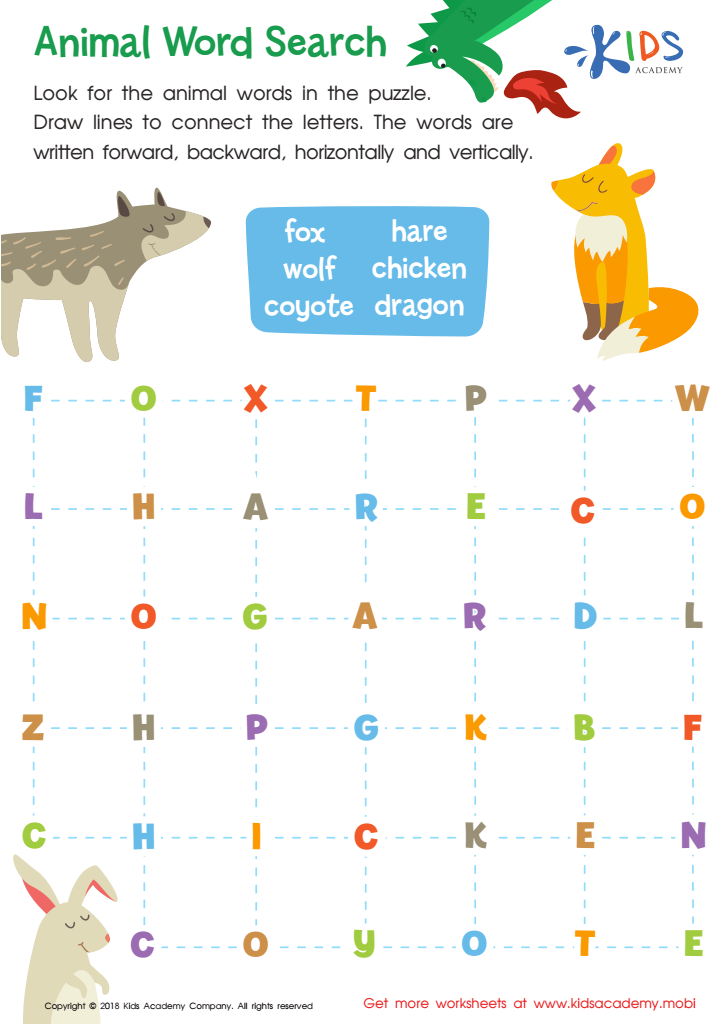

Animal Word Search Worksheet
Cognitive development is crucial during the formative years of ages 3-9, as it lays the foundation for all future learning. Parents and teachers should care about normal reading progress during this period because literacy skills directly influence a child's cognitive growth and overall academic success.
Reading helps children enhance critical thinking, problem-solving, and comprehension skills as they engage with texts. It encourages curiosity and imagination, fostering a love for learning. Additionally, normal reading milestones provide insight into a child's cognitive development, allowing educators and parents to identify potential challenges early on and address them proactively.
In a classroom setting, students with strong reading skills are more likely to engage in classroom discussions, collaborate effectively, and perform well across subjects. For parents, fostering good reading habits at home can create a richer environment that complements school learning.
Moreover, exposure to stories and books develops emotional and social skills, aiding children in understanding themselves and the world around them. Ultimately, prioritizing reading during these critical years enriches children's cognitive abilities, setting them on a path to lifelong learning and success. Investing time and resources into promoting normal reading growth can yield immeasurable benefits for every child.
 Assign to My Students
Assign to My Students






















